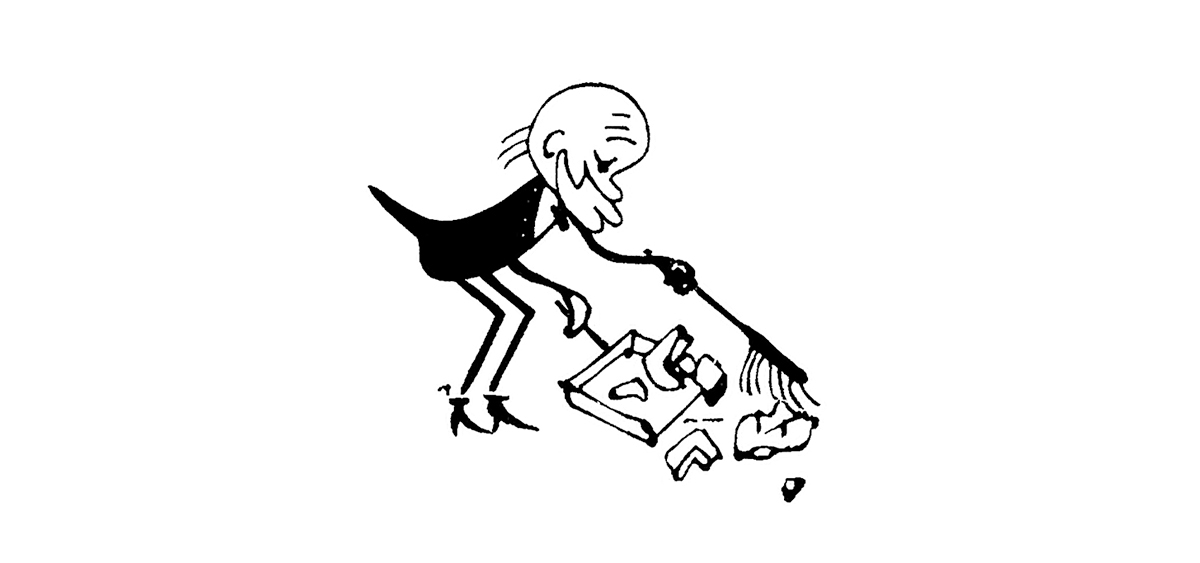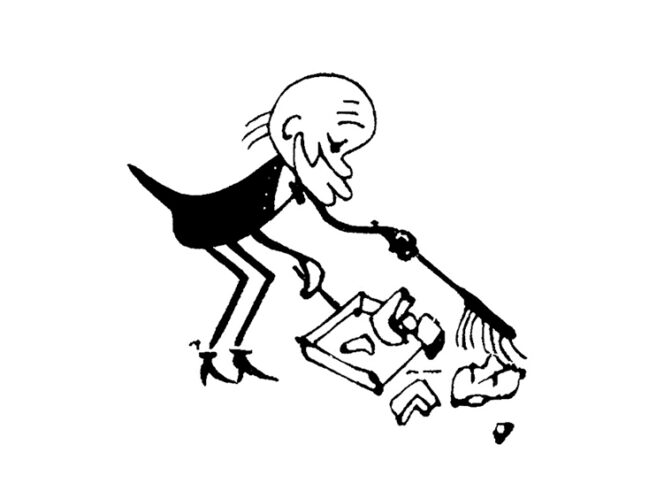
The topic of tidying is apparently so interesting these days that there are TV shows and even whole books devoted to cleaning up clutter. While we do know that order and disorder have a great influence on our wellbeing, it turns out they affect us in different ways than we might have thought.
While there’s no scientific literature that provides a recipe for a successful party, there certainly is one for a complete flop. Clean the apartment as if it was a lab, arrange the chairs symmetrically in rows on both sides of the table, and when the guests arrive, switch on the bright lights and turn off the music. If there’s time left and perfection is the goal, it might be a good idea to also remove all the art off the walls, and even better, paint them light blue. With such a setting, there’s no need to worry about any guests overstaying their welcome. A space that is too bright, too tidy, and too quiet will quash any attempts at conversation—as if someone had set up sound-proof partitions between the invitees.
Chairs Against the Wall
The relationship between space and social behavior was discovered by the English psychiatrist Humphry Osmond. Admittedly, he went down in the history of medicine for coining the term “psychedelics” and being a keen advocate for their use in treating mental disorders. He also had other noteworthy accomplishments and, quite unintentionally, became the founder








